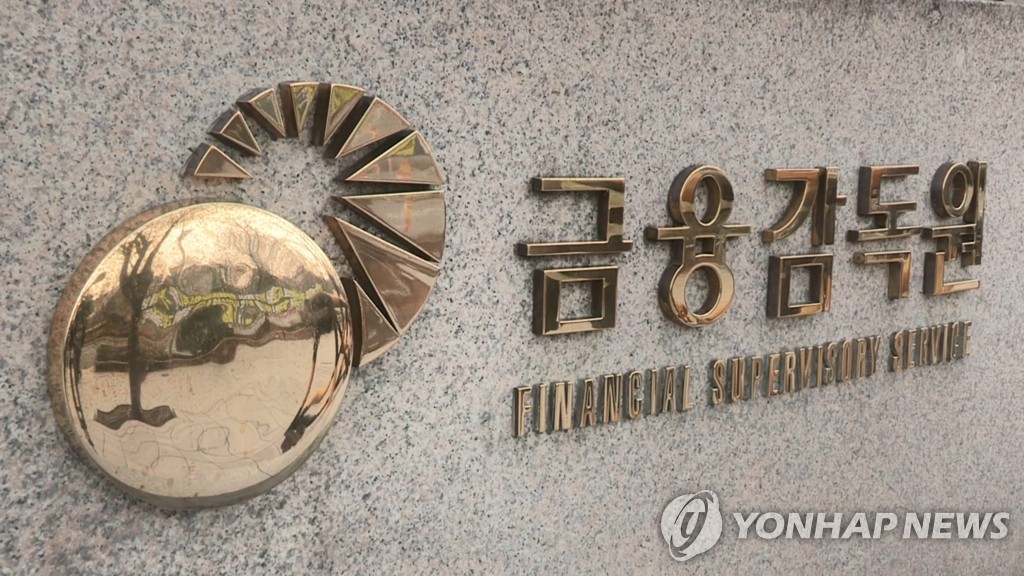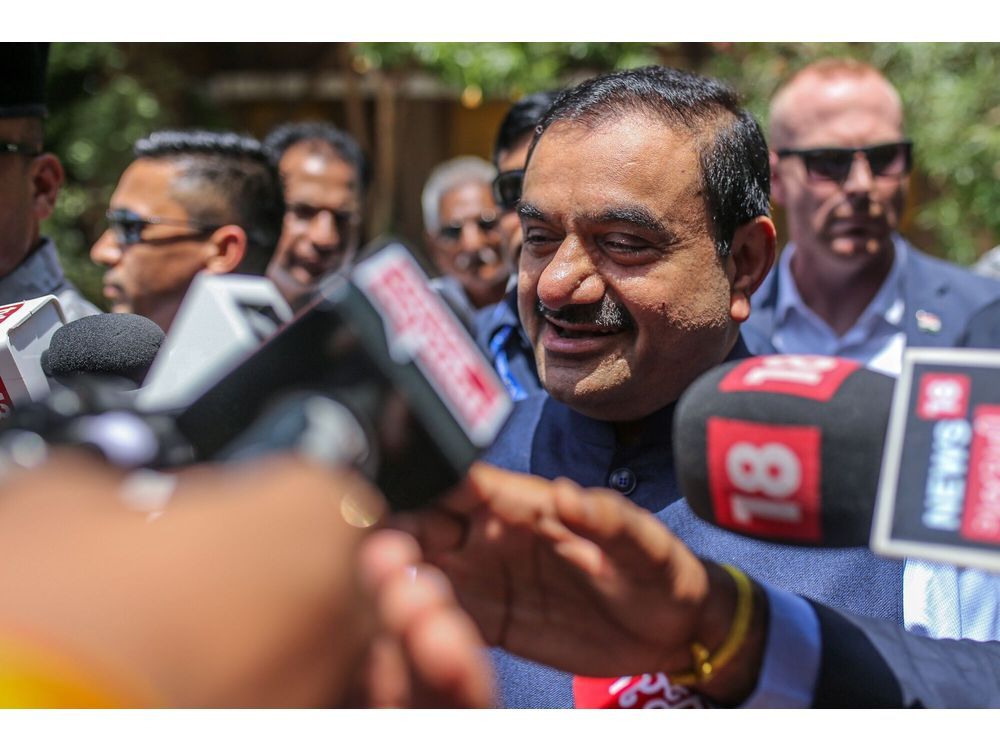Yonhap recently reported that South Korea’s investors appear to have lost money by investing in complex derivative products.
 The Financial Supervisory Service (FSS) said 3,654 individual investors and 188 businesses were found to have bought 822.4 billion won (US$677.8 million) worth of so-called “derivatives-linked fund” options sold by banks as of Aug. 7.
The Financial Supervisory Service (FSS) said 3,654 individual investors and 188 businesses were found to have bought 822.4 billion won (US$677.8 million) worth of so-called “derivatives-linked fund” options sold by banks as of Aug. 7.
Such derivative products are structured to track the performance of constant maturity swap, or a swap that allows the purchaser to fix the duration of received flows on a swap, of Treasury bonds of the United States and Britain and the yield of Germany’s 10-year state bonds.
The options turned into losers as bond yields in the U.S., Britain and Germany have unexpectedly sank amid speculations that central banks in major economies may aggressively slash their interest rates.
Media reports said some investors bought the options because they were believed to have invested into government bonds of the U.S., Britain and Germany. Read more…
It’s always prudent to invest in what you know. However, in this case, the financial product is probably too complex for the ordinary investors to understand. Its return is linked to the performance of a constant maturity swap.
A constant maturity swap is an interest rate swap where the interest rate on one leg is reset periodically, but with reference to a market swap rate rather than LIBOR. The other leg of the swap is generally LIBOR, but may be a fixed rate or potentially another constant maturity rate. Constant maturity swaps can either be single currency or cross currency swaps. Therefore, the prime factor for a constant maturity swap is the shape of the forward implied yield curves. A single currency constant maturity swap versus LIBOR is similar to a series of differential interest rate fixes (or “DIRF”) in the same way that an interest rate swap is similar to a series of forward rate agreements. Valuation of constant maturity swaps depend on volatilities of different forward rates and therefore requires a stochastic yield curve model or some approximated methodology like a convexity adjustment … Read more…
Further questions
What's your question? Ask it in the discussion forum
Have an answer to the questions below? Post it here or in the forum

A proposal to give up search and user data faces long odds but still raises the stakes for the company.

After US federal prosecutors charged Gautam Adani and several associates with fraud, media coverage in India has ranged from dryly factual to over-the-top in its defensiveness, revealing a divide over how to appraise bribery accusations against one of the nation’s richest businessmen.

As artificial wave pools proliferate around the world, surf park developers aim to go green to counter criticism over energy and water use.

